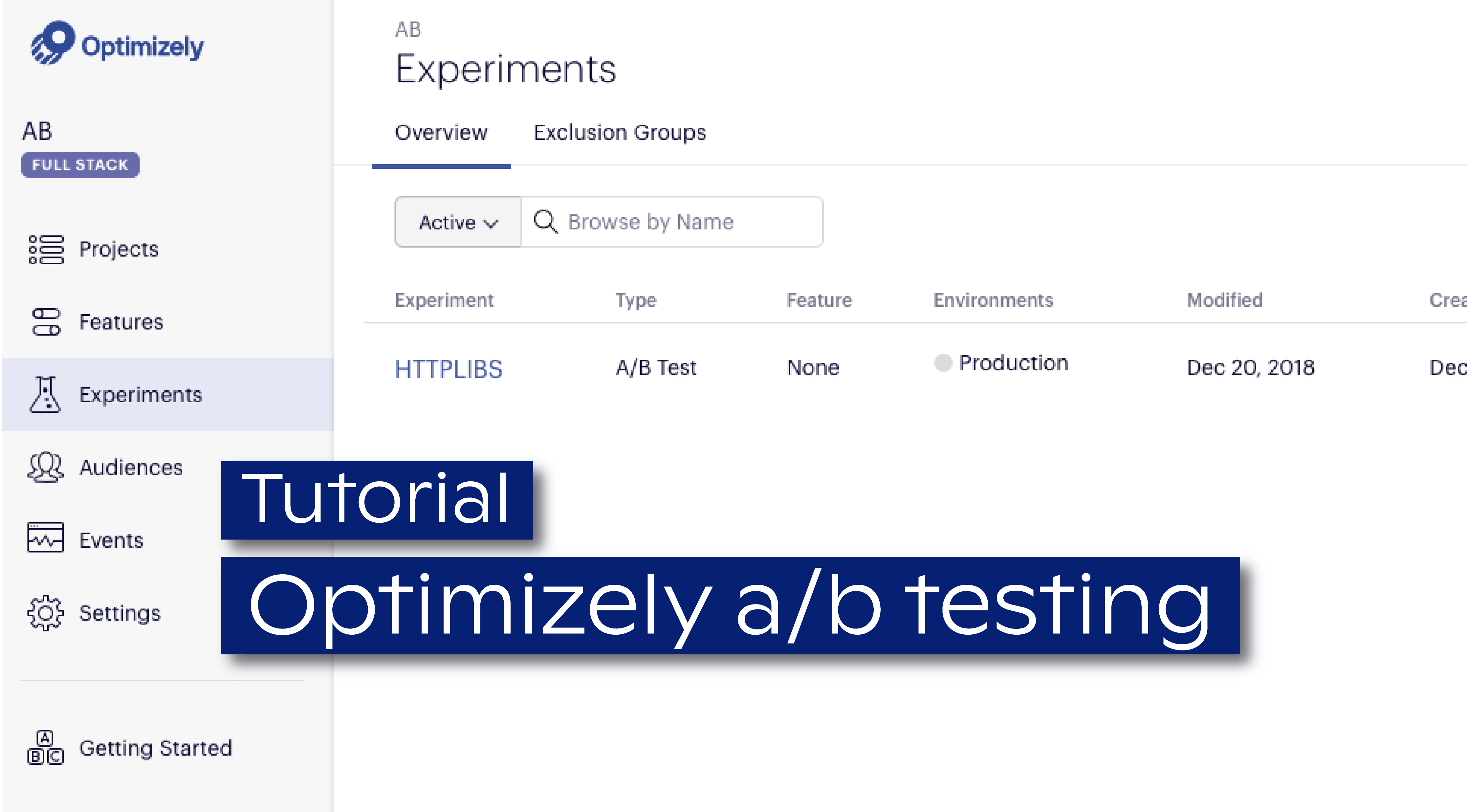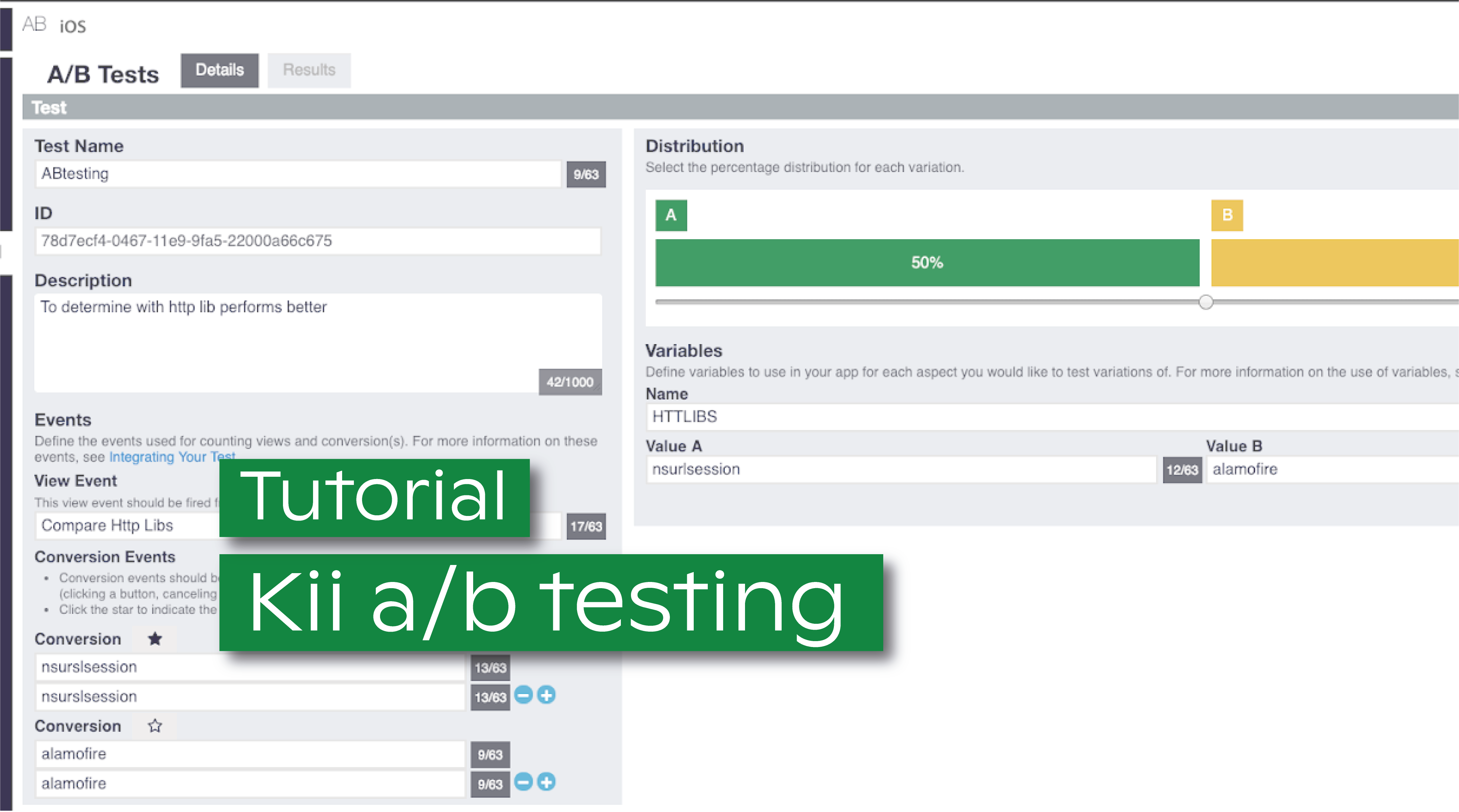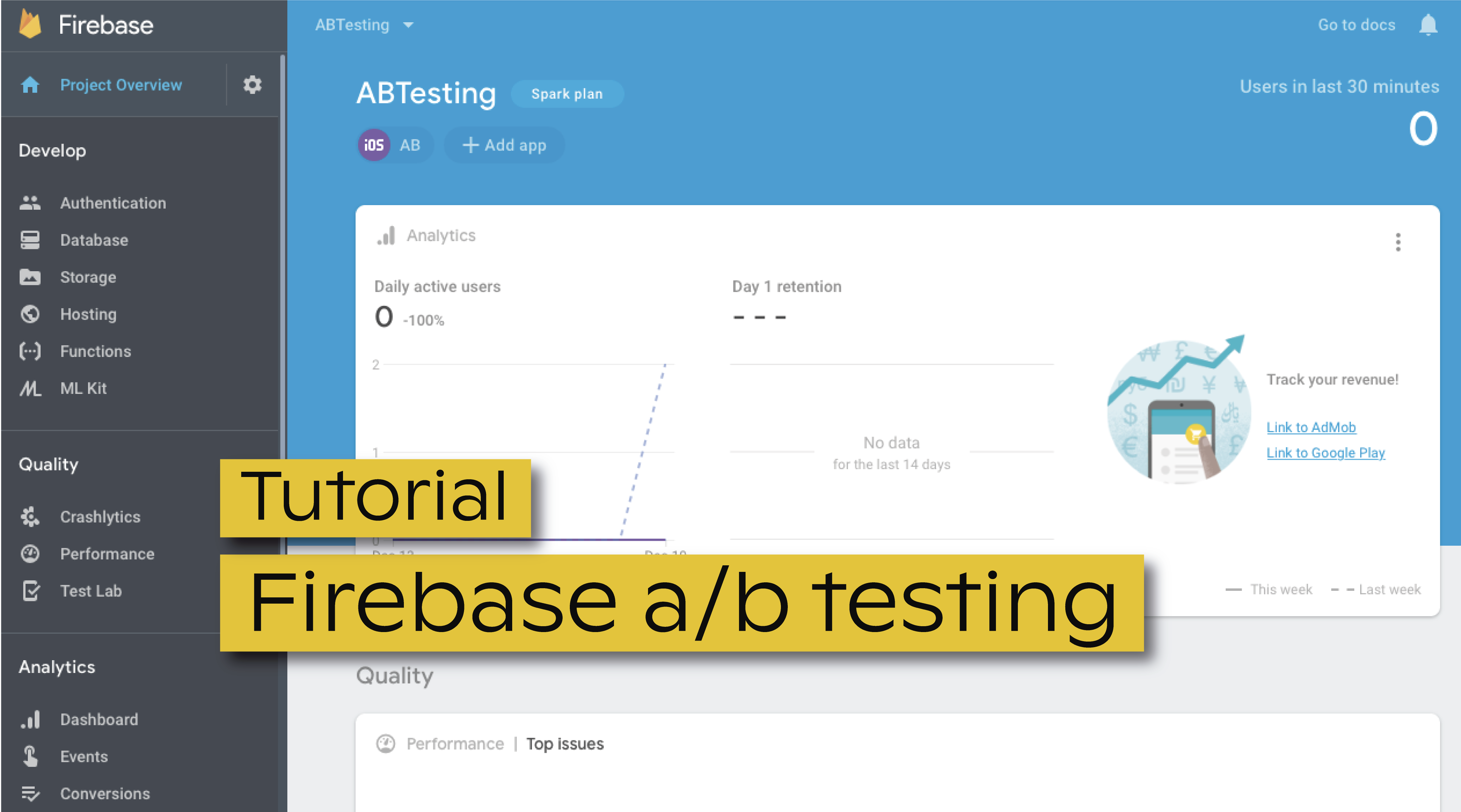Whether you are working in B2C or B2B arena, chances are that your sales and marketing department is always badgering you about conversion rates and blah blah blah. So, every once in a while, you’re faced with the challenge of somehow optimizing your product (a website, a mobile/desktop app, an SDK, ...) to improve the conversion rate.
As expected, developers only have an intuition of what may be affecting conversion (e.g. the app or website is too slow, the content is not good, the navigation is not intuitive, the arrangement is not engaging, etc…). And even if this intuition is right, they will hardly find the solution to the problem (otherwise they would have implemented it in the first place...). So the question is always hanging: “What exactly should I change, improve or optimize?"
Well, why not letting your users tell you what they want? It is time for you to implement some A/B testing - that's what I did.
What is A/B Testing?
Just as a little introduction for the ones that are not aware, A/B test is the act of running multiple experiments by comparing two versions. In most cases, of a web page or a mobile application. It compares two variations of a single variable, typically by testing a subject's response to variant A against variant B, and determining which variation performs better for a particular purpose or for a specific goal.
Even though A/B testing tools had their origin in web design, nowadays is pretty common to use them to test mobile applications as well.
Why did I start testing?
Part of my work while developing Bolina is to be familiar with the tools that developers on this field use. One of my tasks implied creating an iOS application to compare two HTTP libs (NSURLSession and Alamofire), so I decided to also use an A/B testing tool to gather information on which one performs better. The first step was to define my research parameters in order to gather all the information that suits my test scenario, and they were the following:
- Easy to use
The platform should provide me a free trial plan that I can easily test and through which I can understand If I simply like it or not. In addition and most importantly, it should provide a clean and smooth integration with any application. In my case, a Swift based iOS app. Finally, there’s one more thing I value: an intuitive and simple to use dashboard, with which I can easily work with.
- Easy to gather support information
How can I test my scenario if it's difficult to use the platform due to the lack of documentation? I should be able to easily access information that can help me understand how to integrate their SDK or their dashboard.
With all the requirements properly defined, the next step was to figure out which A/B Testing tools would suit me best.
Exploring A/B testing tools
After an initial research, I came up with three platforms: Optimizely, Firebase and Kii, that are described below. However, as I know that many of you are often in my shoes, I also decided to try them and share all the struggles I had during the process of integrating their SDK’s with my mobile app; as well as the benefits I believe they have.
Optimizely is definitely one of the most well-known A/B testing platforms and there are a lot of top articles talking about it. That’s why I had to try it. Read here about my experience integrating Optimizely.
Firebase is Google's mobile platform, which helps you quickly develop high-quality apps and grow your business. Being a Google platform, there is no need to create an account: you can simply log in with your Google account - so why not trying it out? That's what I've done, here.
With Kii, which is a global company that provides mobile backend as a service (MBaaS), I got curious. The Kii Cloud service allows mobile app developers to add cloud services to their apps without writing server software. This was my experience integrating Kii.
Of course that there are a lot more A/B Testing tools out there, but I hope my experience with these ones can help you. In the end, if I had to recommend one, it would definitely depend a lot on your goals. In case you’re looking for a simple, easy to use and easy to integrate tool, then go with Firebase or Kii Cloud; but if you’re looking for a more complete platform with a lot of different features and you don’t mind going through a longer process to try it out, then you should opt for Optimizely.
In my particular case, I was just looking for a quick way to test my app and get a visual information of it, via a dashboard. That means that I have put aside all platforms that required me to book a demo or requested too much information during the process of creating an account. That was actually a bit annoying, to be honest.
Last but not least, I also understood that most of the A/B testing tools in the market are still very focused on web pages, even though mobile is undoubtedly growing. Curious, right?




